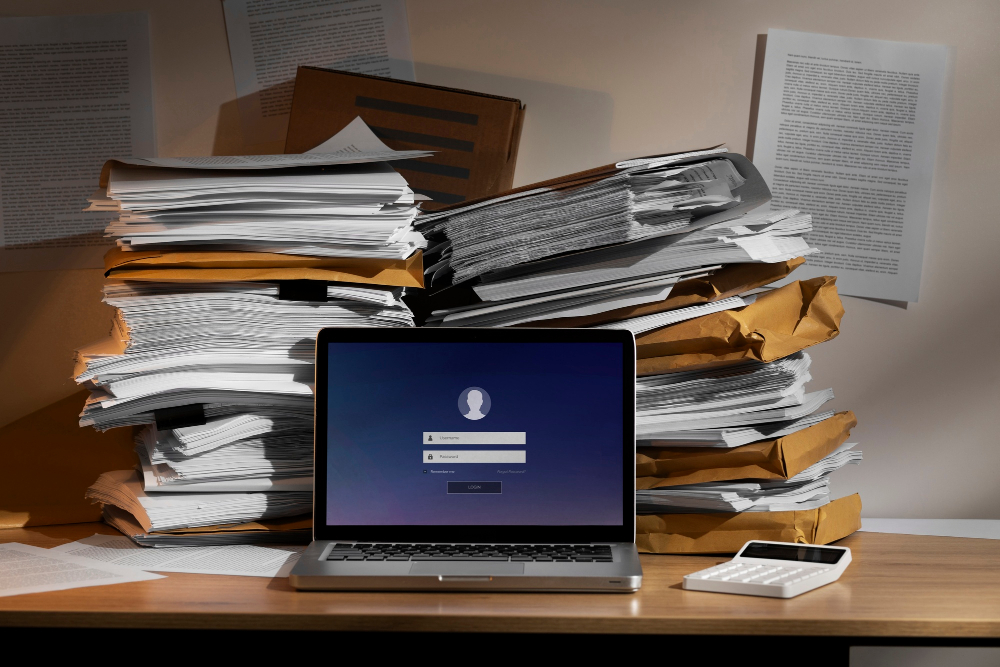Starting a business is exciting, but many entrepreneurs overlook a crucial step that can save them a lot of headaches down the road: audit-proofing your records. The IRS doesn’t take kindly to sloppy bookkeeping, and when it comes time for an audit, being prepared can make all the difference. Here are the key mistakes to avoid and smart strategies to keep your records rock solid.
Tip # 1 Separate Your Bank Accounts — Don’t Mix Personal and Business Finances
One of the most common missteps new business owners make is not having separate bank accounts for their personal and business expenses. Keeping all your income and expenses clearly divided is essential. It’s not just good accounting practice — it’s a red flag to the IRS if your accounts are mingled. Open a dedicated business bank account right from the start and stick to it for all business transactions.
Tip #2 Keep Your Receipts — Don’t Rely on Credit Card Statements Alone
Charging expenses to your credit or debit card isn’t enough to prove your spending in an audit. The IRS wants to see the actual receipts for everything. When auditors review your records, they look for:
- The receipt showing what was purchased.
- The method of payment — cash, check, or credit card.
Your credit card statement alone won’t cut it. The IRS will trace payments back to your card statement, but without the receipt, you can’t justify the deduction.
Tip #3 Preserve Your Receipts — Scan or Photocopy to Prevent Fading
Receipts printed on thermal paper often fade quickly, sometimes becoming unreadable in just a few months. This can cause serious problems during an audit. To avoid this, make it a habit to scan or photocopy your receipts as soon as possible. Digital copies keep your receipts safe and accessible.
Tip #4 Organize by Category — Not by Month or Payment Type
When it comes to filing, organization is key. Don’t file receipts by month or payment method — that can get confusing fast. Instead, group your receipts by category. For example:
- All advertising expenses together.
- All utility bills in one place.
This system makes it easier to track expenses, prepare your taxes, and provide clear records if the IRS comes knocking.
Tip #5 Backup Your Records Securely — Don’t Rely Solely on a Flash Drive
Many entrepreneurs save their financial records on a laptop or a flash drive, but these can be lost, damaged, or stolen. Cloud storage is a safer bet, but it’s only as good as your ability to access it. Make sure you keep your cloud passwords safe and regularly download backups to a secure device you own. Remember, if you stop paying for cloud storage, you risk losing access to those important records.
By following these simple but crucial steps, entrepreneurs can confidently keep their records audit-ready. Audit-proofing isn’t just about avoiding trouble — it’s about running a transparent, efficient business that’s built to last.
To learn more about this, call us at 580-355-7100 and schedule your personalized training program.

